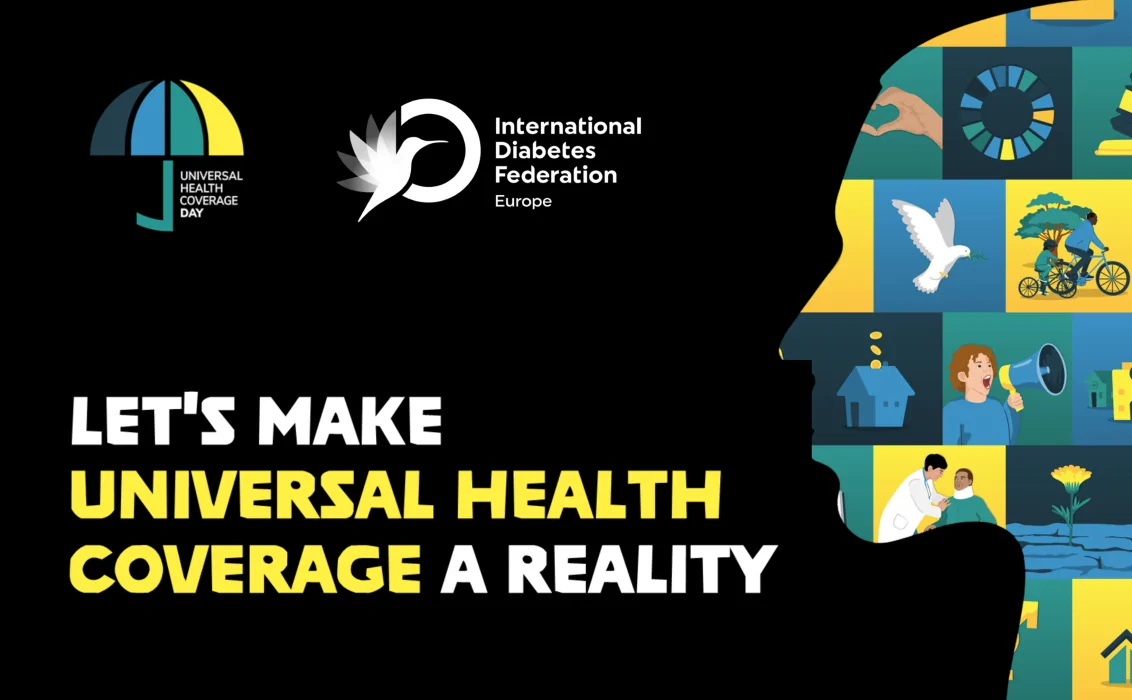Type 2 Diabetes (T2D) has been recognised to be an independent risk factor for developing dementia. Studies have shown that people living with T2D have an almost two-fold higher risk of developing Alzheimer Disease than age-matched people not living with diabetes. This risk is maintained even after adjusting for vascular risk factors.
People with cognitive impairment are more prone to have impaired diabetes self-management, poor glycaemic control and an increased incidence of diabetes-related complications, which presents significant challenges both for individuals and healthcare systems on how best to manage diabetes care.
RECOGNISED is a four-year EU Horizon 2020 funded study, which will examine whether retinal neurodegeneration may help identify people with diabetes at risk of dementia, the premise being that as an ontogenetically brain-derived tissue, neurodegeneration of the retina is also present in people with brain neurodegenerative diseases. Being able to recognise cognitive impairment early may help target treatment and care more effectively and improve the quality of lives of cognitively-impaired people living with diabetes.
RECOGNISED consists of 21 partners in nine countries including clinical/research centres, SMEs, EATRIS (the European infrastructure for translational medicine), a not-for-profit European Research Infrastructure Consortium, and two organisations representing people affected – IDF Europe and Alzheimer Europe.
IDF Europe attended RECOGNISED’s kick-off meeting in Barcelona on 27 January 2020, at the Vall D’Hebron Hospital. This meeting was the opportunity for all partners to meet in person and present each work package’s objectives and first milestones. The clinical studies will involve 720 people living with diabetes in a cross-sectional study, which will include retinal examination and neuropsychological testing, followed by an observational study of 231 people living with diabetes also including neuroimaging.
The meeting concluded with a presentation of some of the equipment which will be used in the research centres.
IDF Europe leads Work Package 9 (WP 9) – Communication Activities – alongside Queen’s University Belfast and Alzheimer Europe. WP 9 will seek to raise visibility of the project and its potential impact among all key stakeholders.
Full list of consortium partners: Fundacio Hospital Universitari Vall D’hebron (VHIR), The Queen’s University of Belfast (QUB), Aibili Associacao Para Investigacao Biomedica e Innovacao em Luz e Imagem (AIBILI), Universitair Medisch Centrum Utrecht (UMCU), Academisch Medisch Centrum bij de Universiteit van Amsterdam (AMC), Universita degli Studi di Roma tor Vergata (UNITOV), Ospedale san Raffaele SRL (OSR), Universita degli Studi di Milano (UNIMI), Syddansk Universitet (SDU), Azienda Ospedaliero-Universitaria Maggiore della Carita Novara (UHMC), Fundacio Assistencial de Mutua de Terrassa Fundacio Privada Catalana (FAMT), Institut Catala de la Salut (ICS-HUGTP), Javna Ustanova Univerzitet Crne Gore Podgorica (UM), Klinicki Centar Crne Gore Podgorica (CCM), Universidad de Cadiz (UC), Eatris Eric (EATRIS), Alzheimer Europe (AE), Federation Internationale du Diabete Region Europe (IDFE), Anaxomics Biotech, s.l. (AX), Oxurion (OXU), Genesis Biomed (GB)



